COST Action 15208:
Rationing / Missed Nursing Care: An international and multidimensional problem (RANCARE)
Workshop: Missed Nursing Care – impacts and interventions
Local workshops are among the instruments to promote discussion on this topic.
Rationing of nursing care influences also learning environments of nursing students and their mentors. We presume, that the impact of rationing in nursing care on learning environments is especially high in those countries which have a precarious nurse patient ratio. As cross-sectional comparisons illuminated, there are striking differences in nurse patient ratios in Europe. Germany is one of the countries positioned at the far end of the ranking. It is to be assumed that nursing staff restriction has an impact on the situation of nursing students, e.g. their awareness of what is ‘normal’, or on their decisions in the process of prioritization.
The workshop will discuss these issues from an ethical perspective and with special attention to structural and process-related interventions. It aims to foster the development of knowledge about factors related to rationing of nursing care and its impact on learning environments and to encourage the discussion on ethical aspects regarding the meaning of learning environments which are characterized by rationing.
Keynotes:
- Prof. Riitta Suhonen, PhD, University of Turku, Finland
- Prof. Dr. Maria Schubert, ZHAW Zurcher University of Applied Science, Switzerland
Target group:
- Lecturers and teachers in the field of nursing training
- Young scholars and academics
- German politicians in the area of health care and nursing
- Practitioners and representatives of health institutions who provide practical placements for nursing students
Language: English
Time: 22nd February 2019, 09.00-17.00
Contact Organiser
Deutsche Gesellschaft für Pflegewissenschaft e.V.
German Society of Nursing Science
Bürgerstr. 47
D – 47057 Duisburg
Phone: +49 203 35 67 93
Fax: +49 203 36 34 710
Email: info@dg-pflegewissenschaft.de
Die Keynote von Maria Schubert von der Zürcher Hochschule für Angewandte Wissenschaften vertiefte die konzeptuelle Auseinandersetzung mit diesem Phänomen. So ist es eben ein Unterschied, ob professionell Pflegende durch äußere Einflüsse gezwungen werden eine Pflegehandlung zu unterbrechen oder gar abzubrechen, oder ob sie z.B. in Situationen mit hohem Zeitdruck selbstständig Prioritäten setzen und dabei häufig Zuwendung, Gespräch, Beratung zugunsten medizinnaher und technischer Leistungen aufgeben. Im letzten Fall kommt den Begründungszusammenhängen, die zur Prioritätensetzung führen, und dem leitenden Verständnis von Pflege besondere Bedeutung zu.
Als Pendant dazu reflektierte die Keynote von Riitta Suhonen von der Universität Turku, Finnland, die Patientenperspektive, die in der Diskussion um Rationierung in der Pflege bislang eher wenig beachtet ist. Monika Habermann von der Hochschule Bremen stellte eine Studie vor, die dual Pflegestudierende nach ihren Erfahrungen und ihrem Umgang mit dem Pflegealltag unter den Bedingungen der Rationierung untersucht. In vielfältiger Weise berichten die Studierenden von überfordernden Aufgabenzuweisungen und unzureichender Unterstützung.
Die verschiedenen Themen wurden in Unterworkshops vertieft, reflektiert und nicht zuletzt mit dem Fokus auf mögliche Lösungsansätze weiter gedacht.
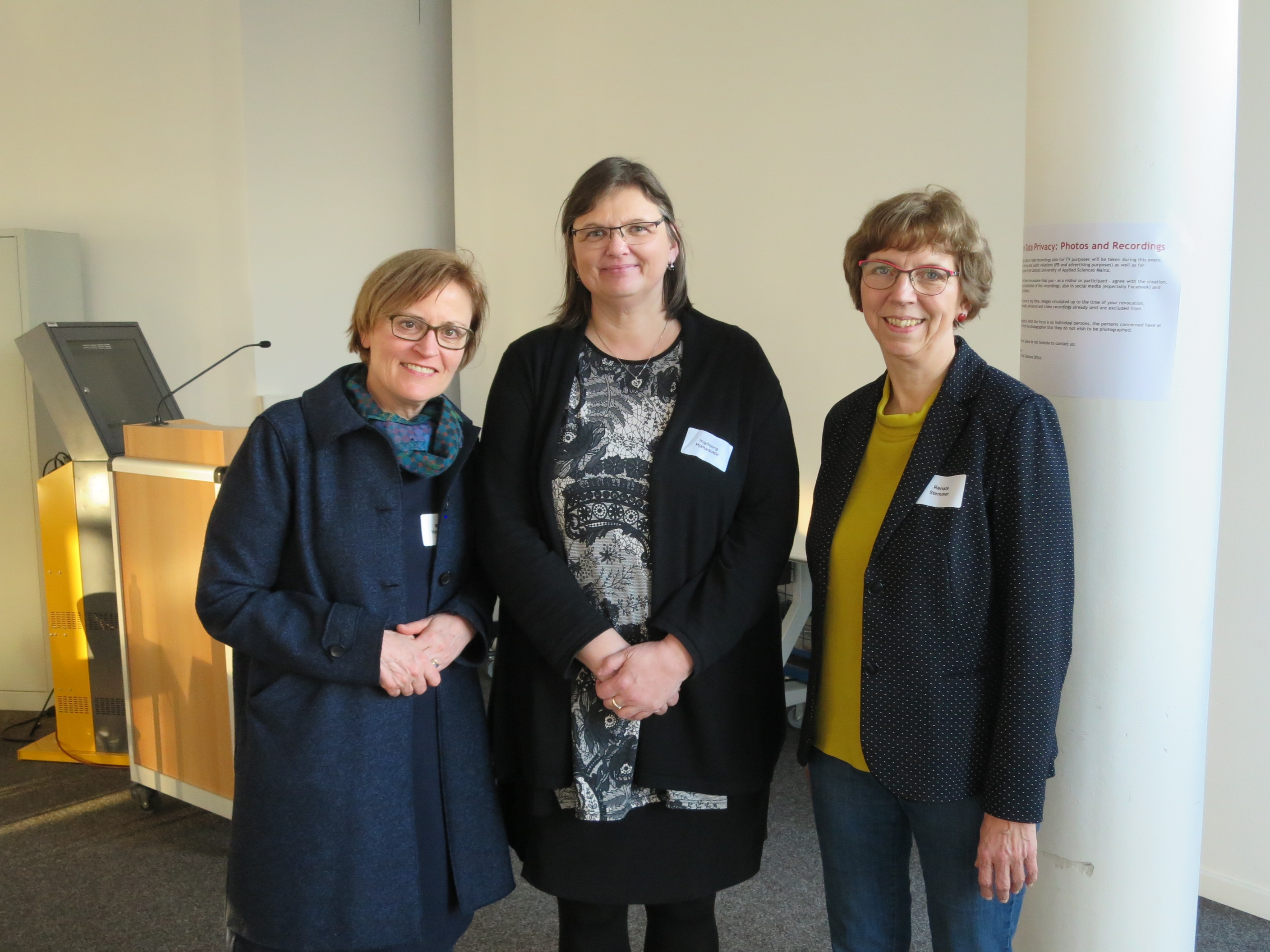
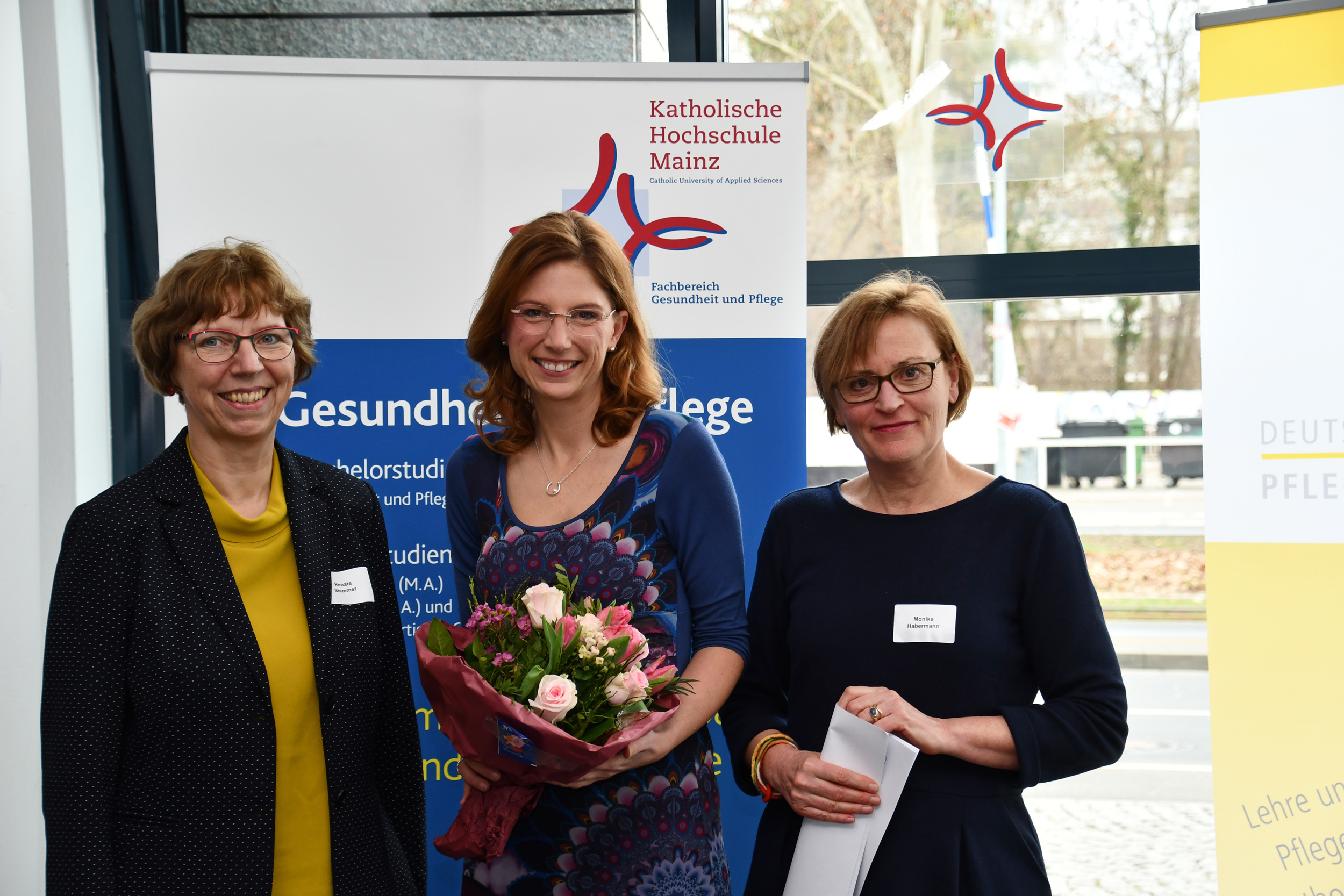
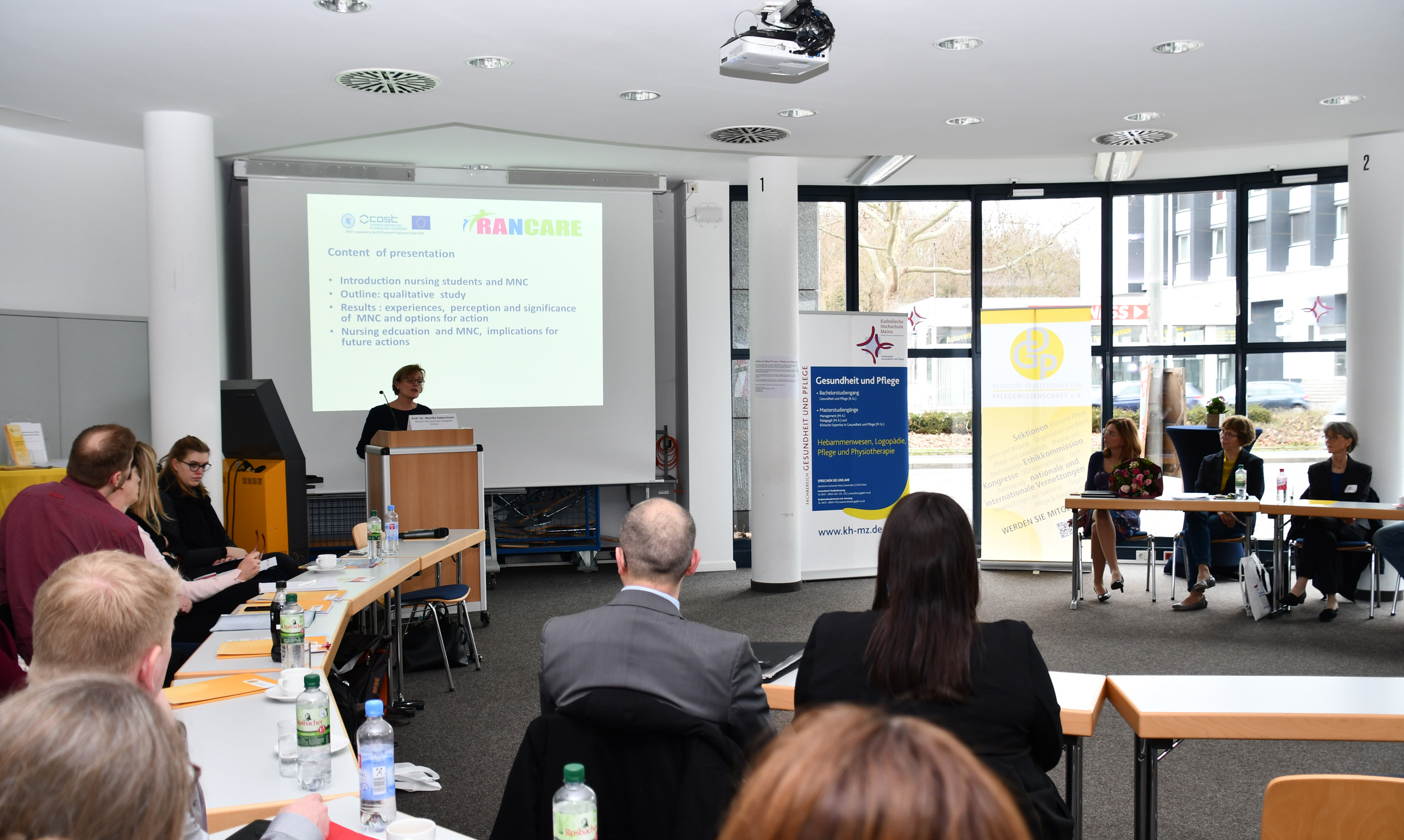
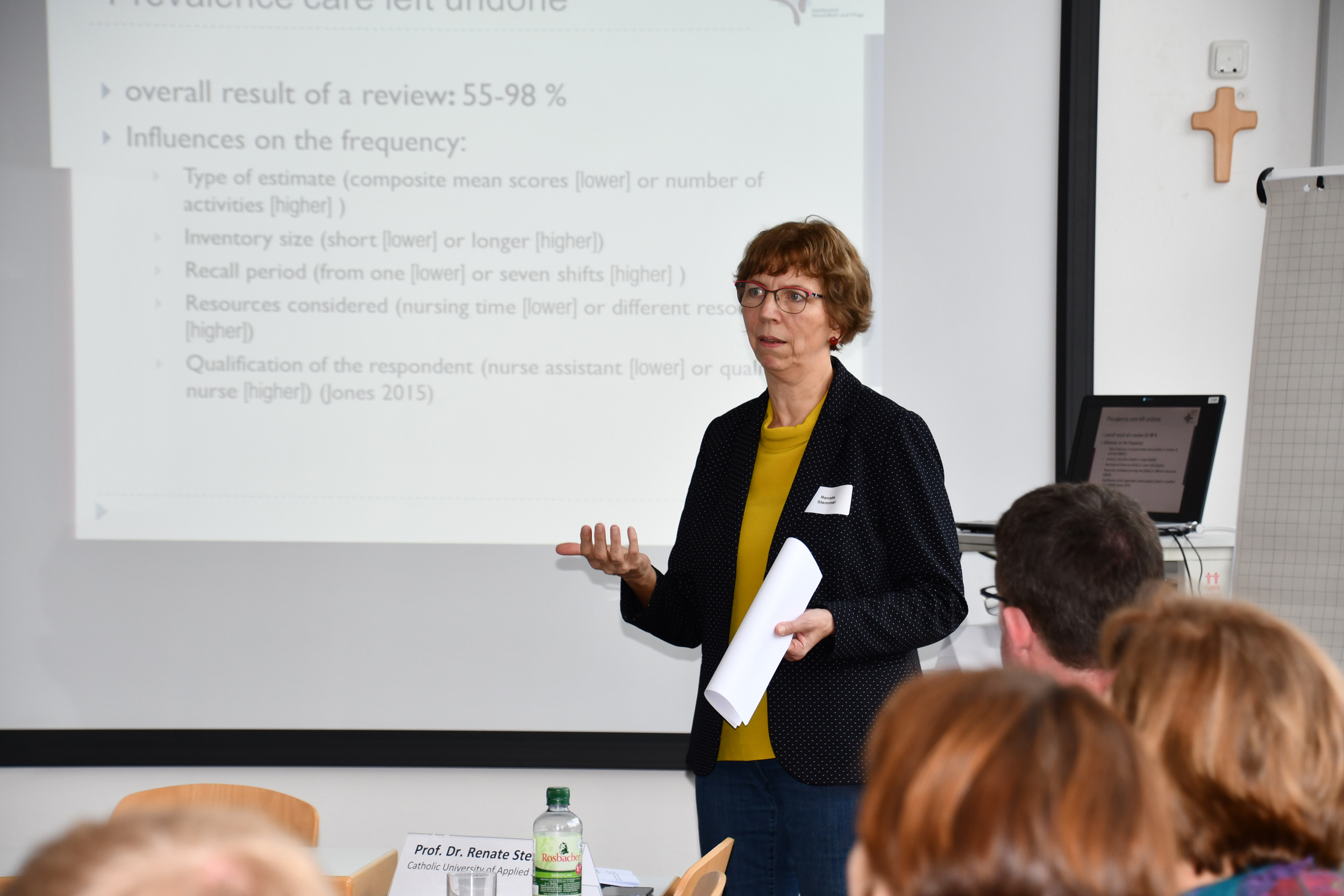
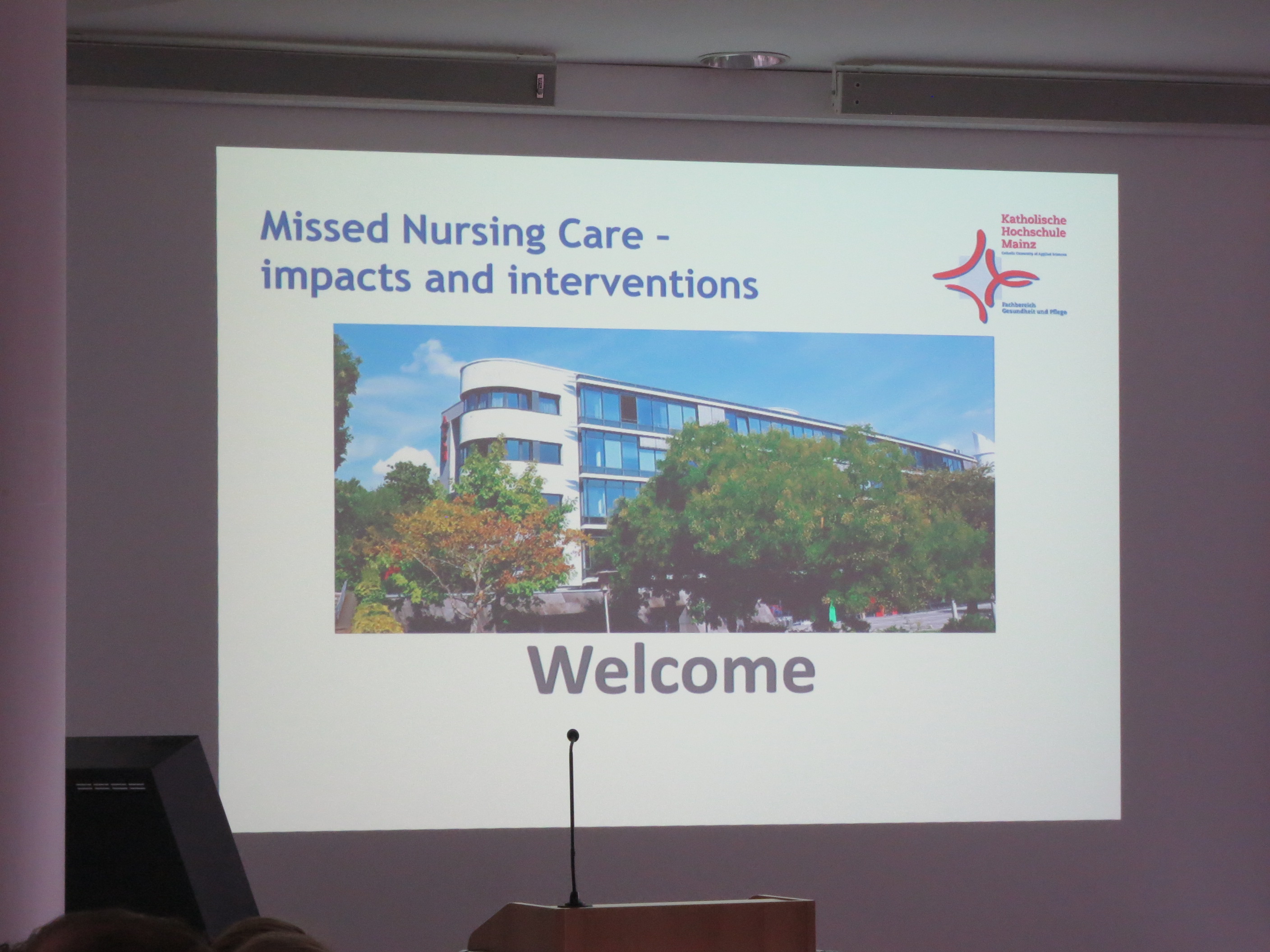
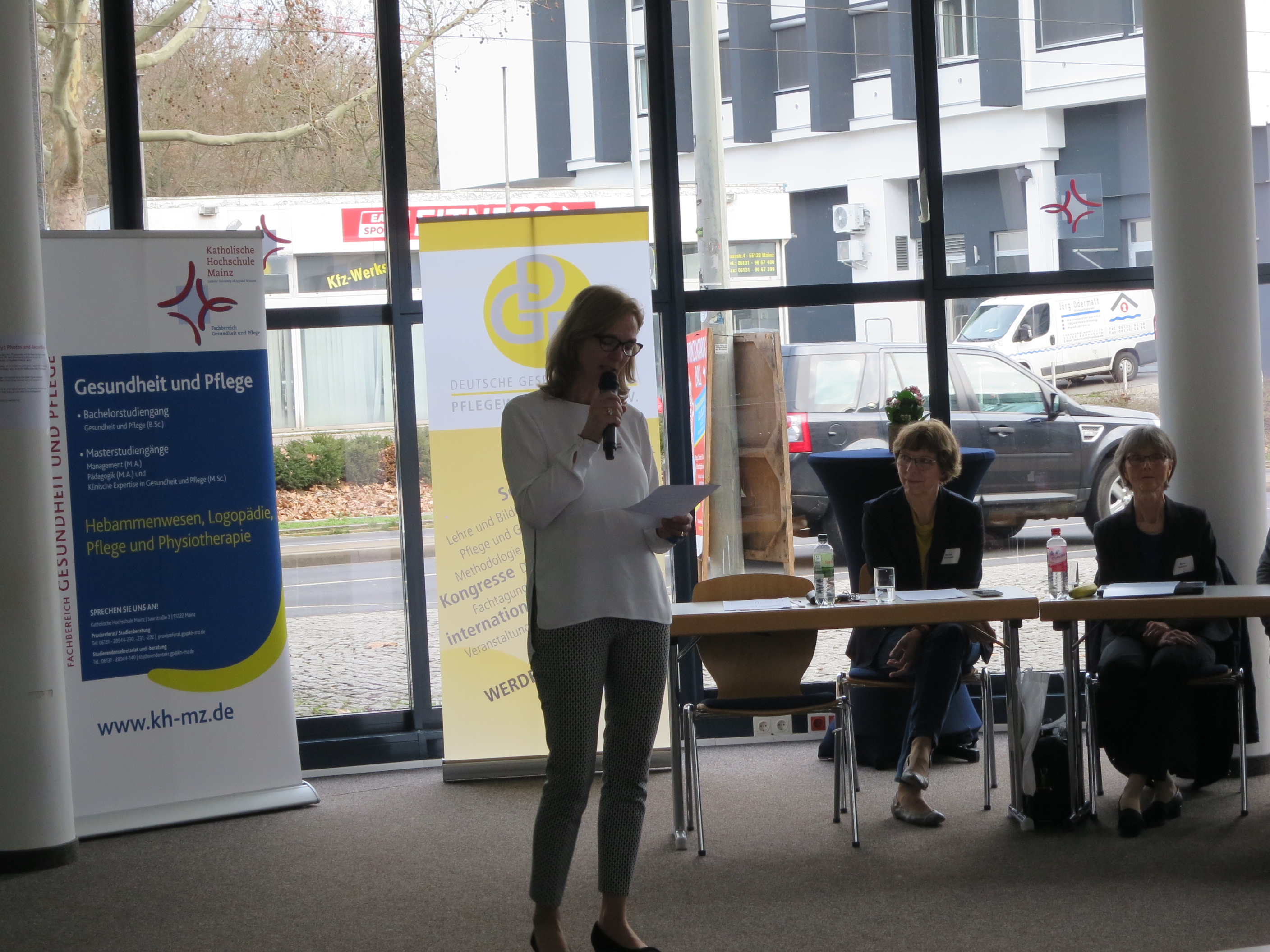
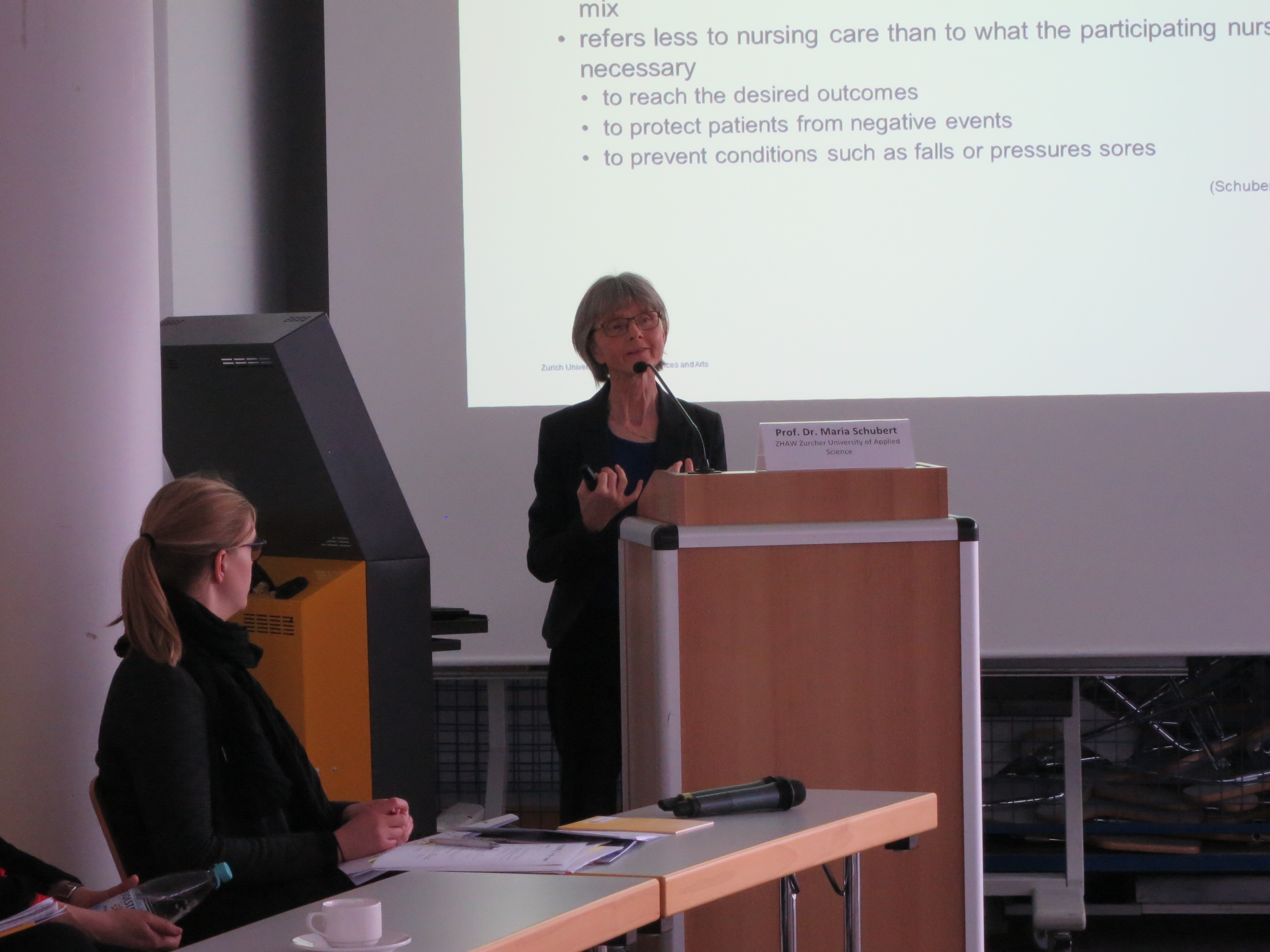
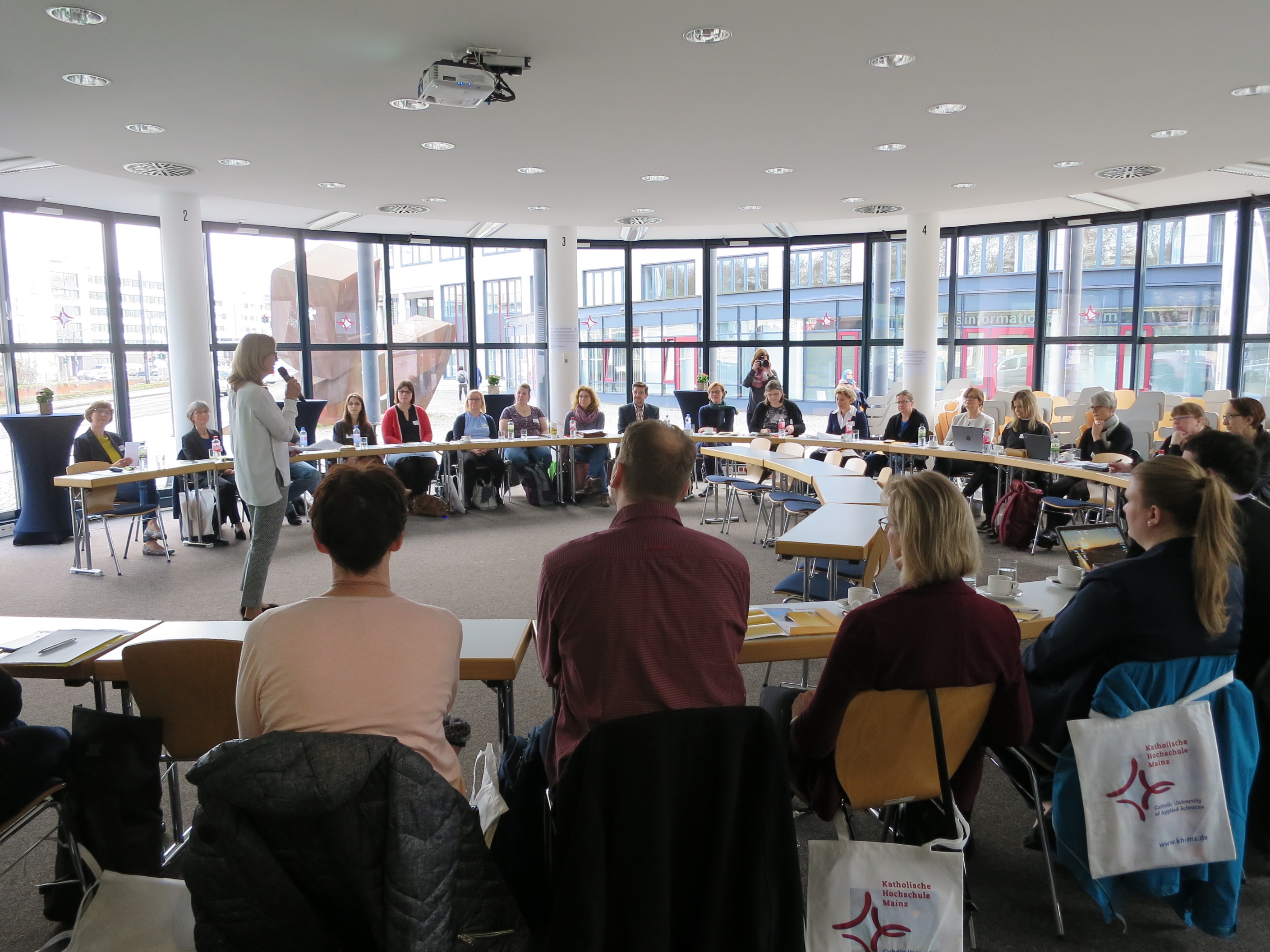
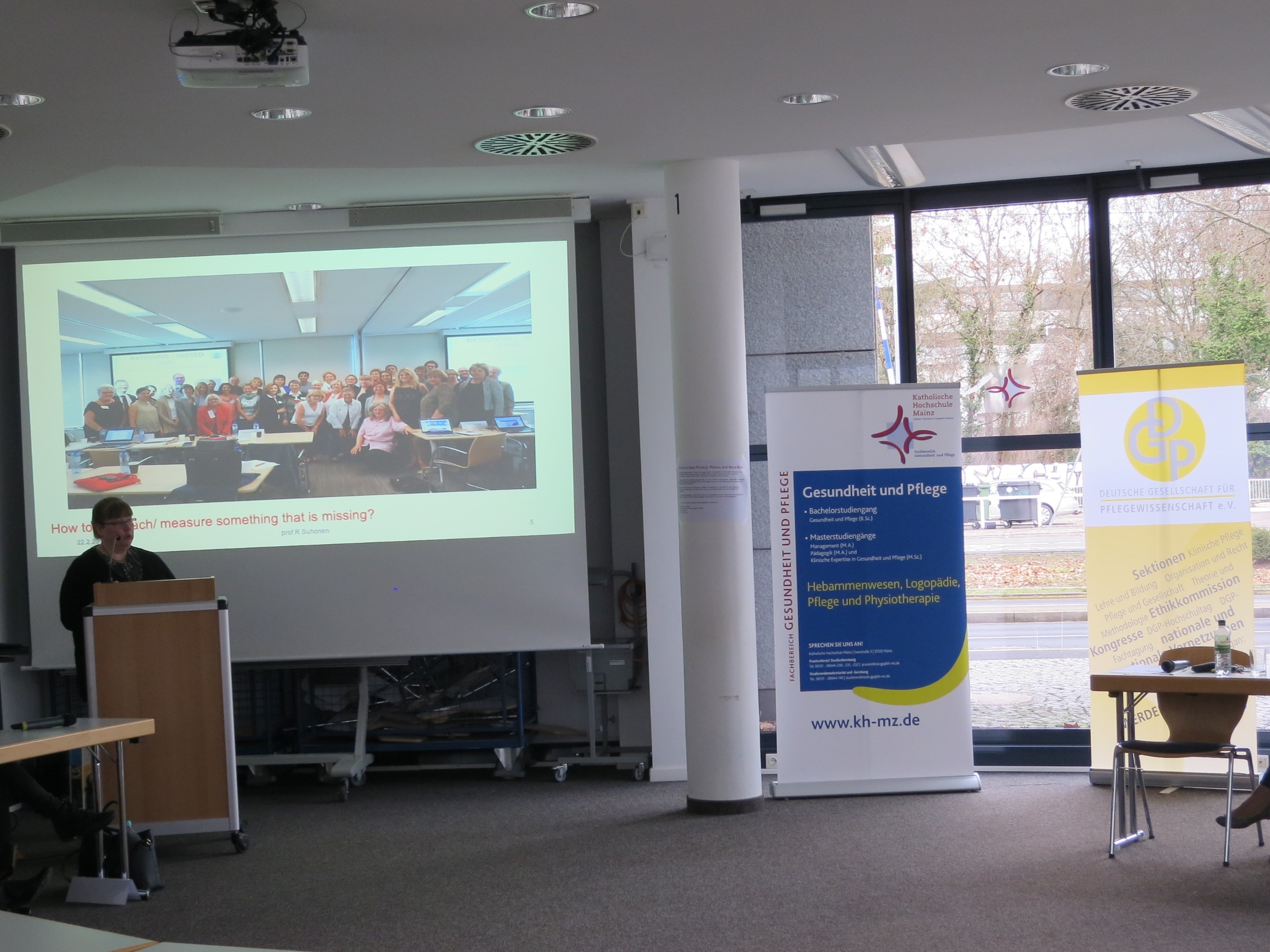
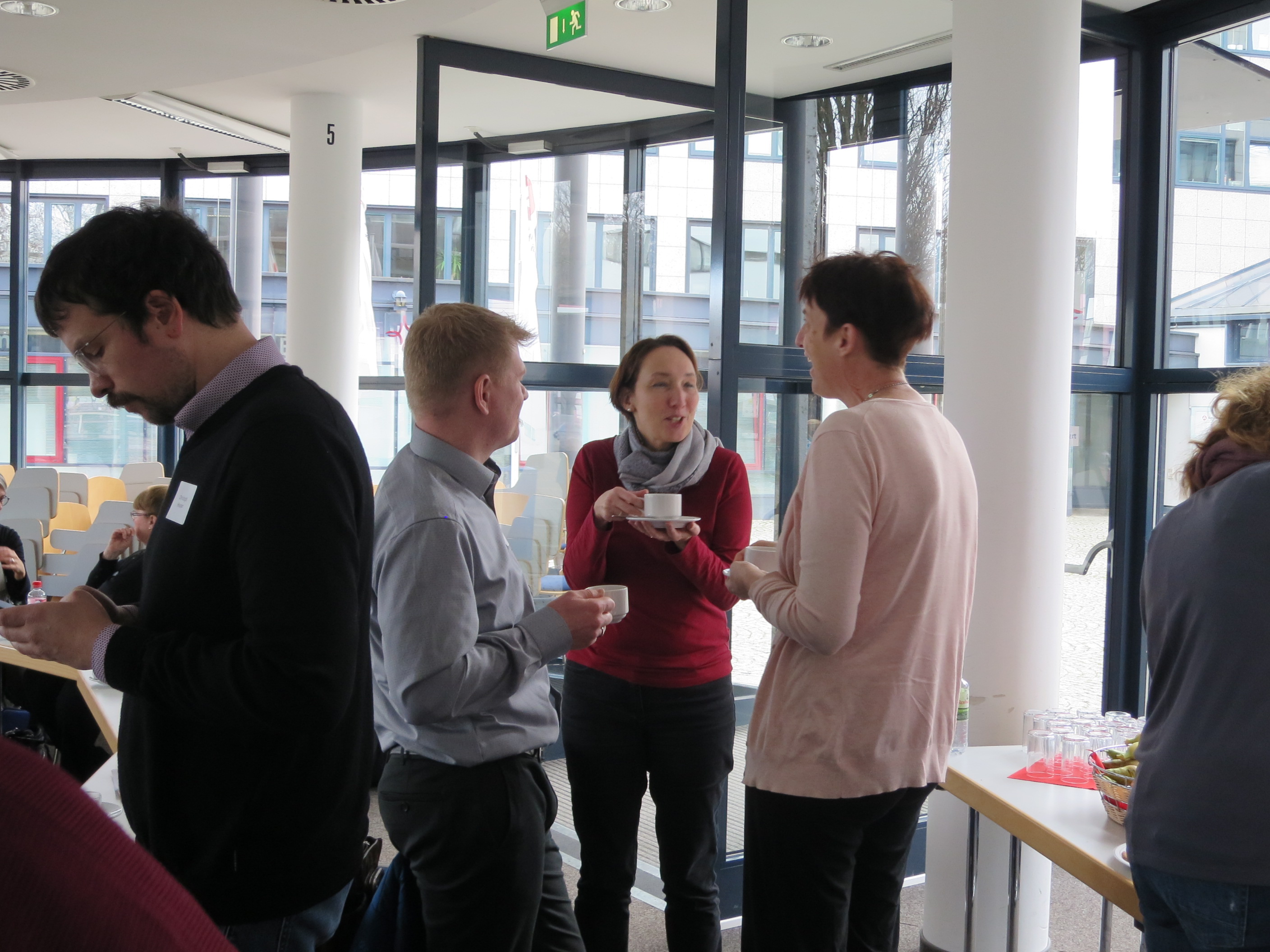

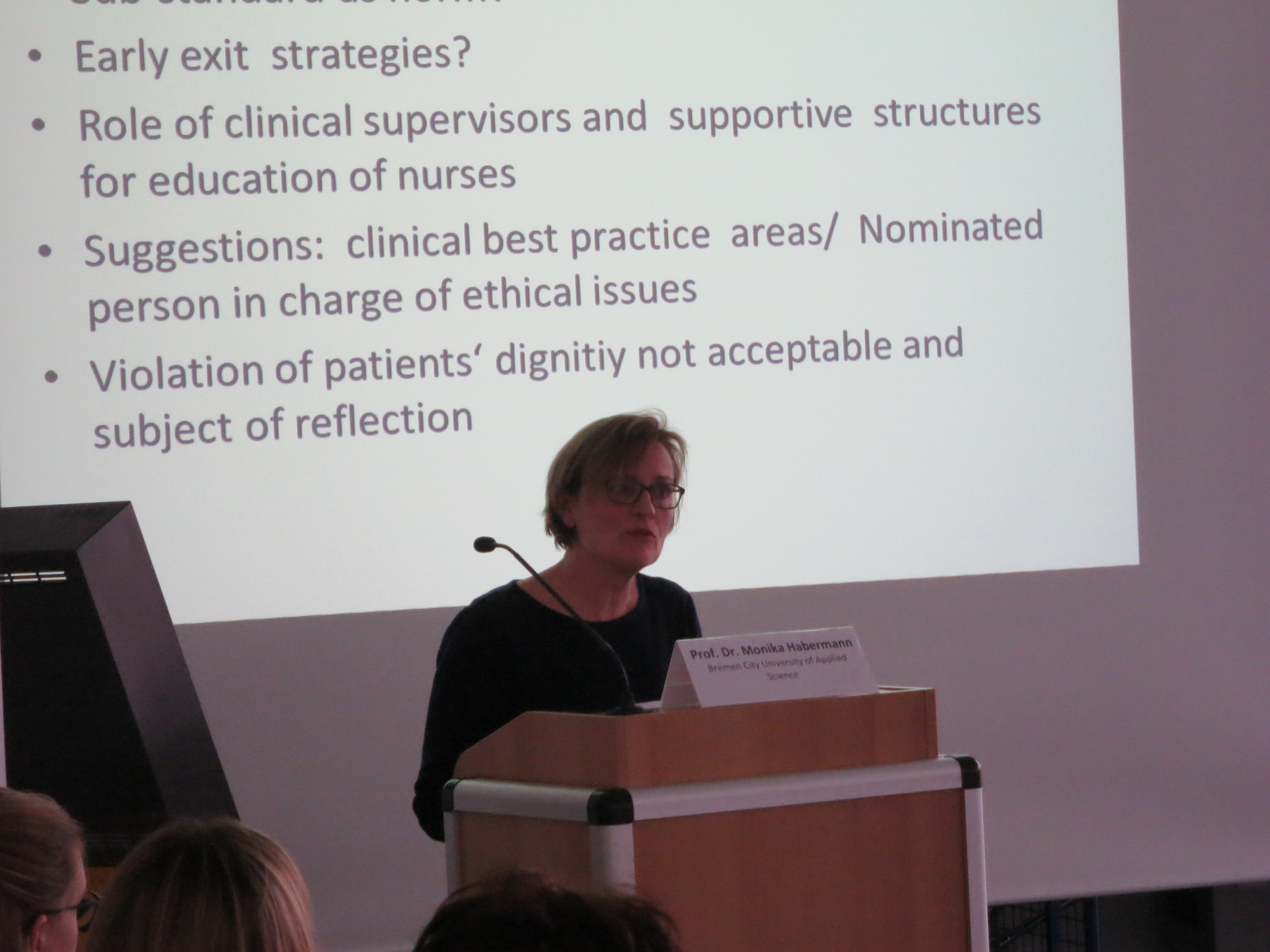

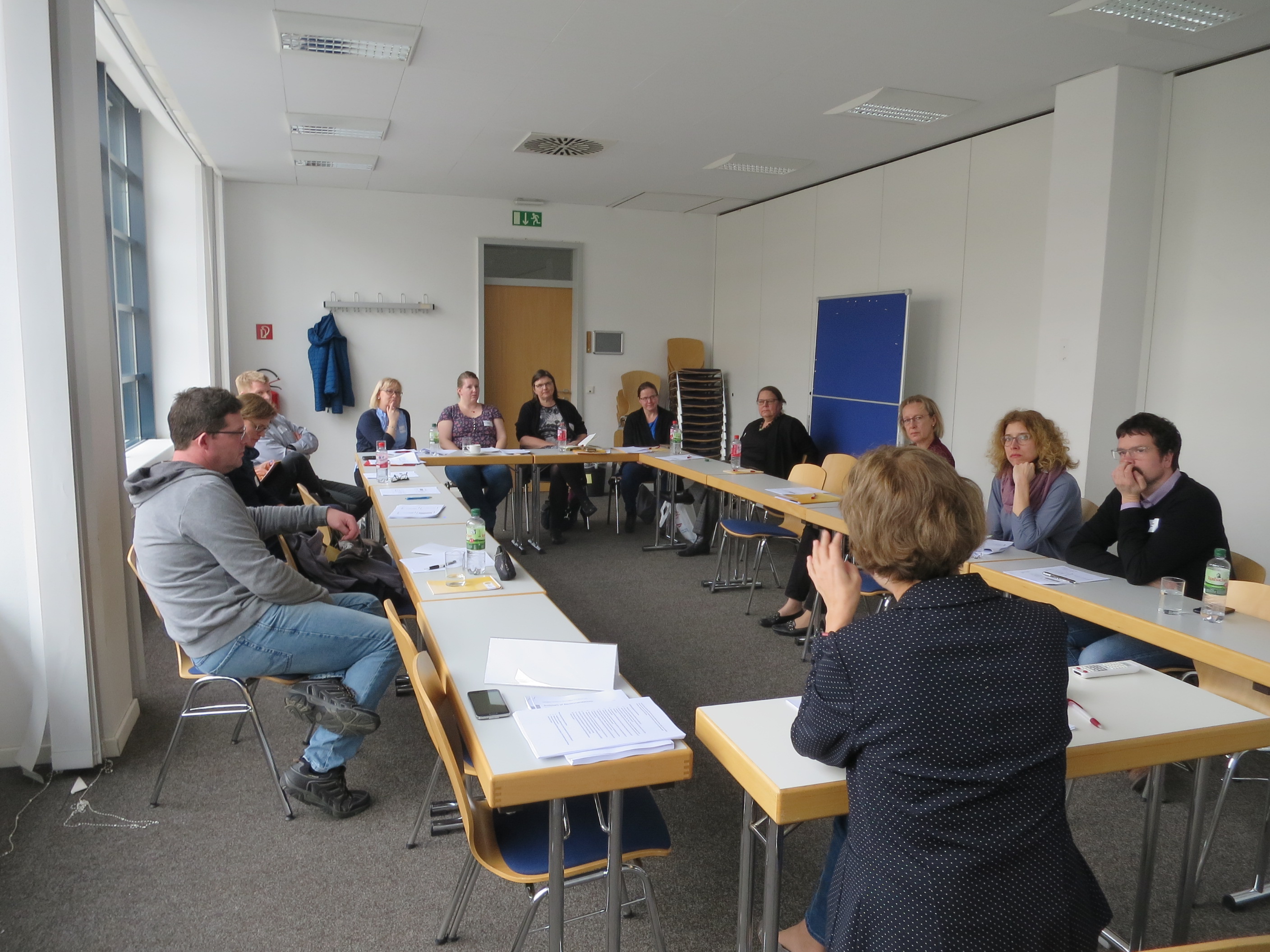
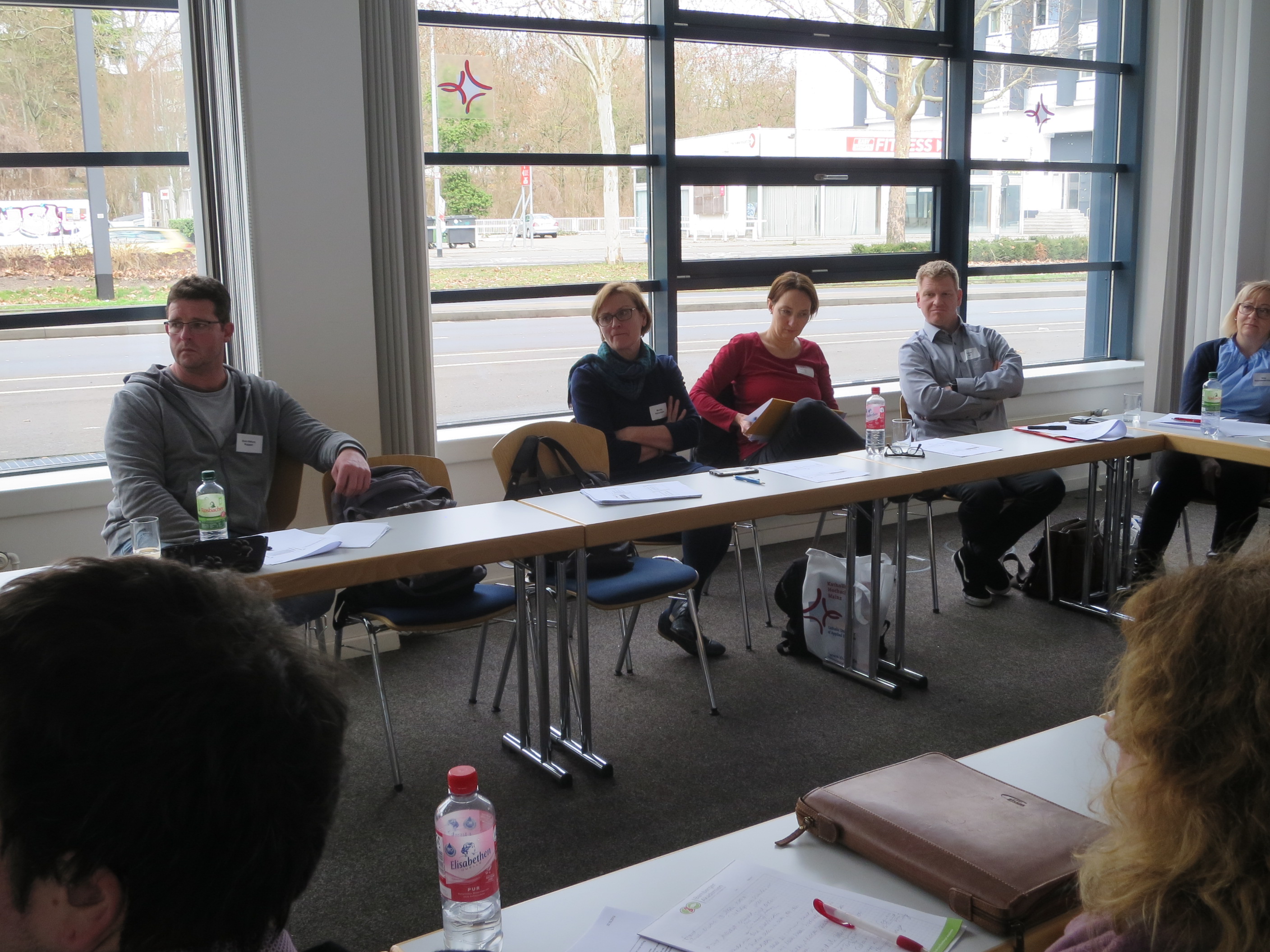

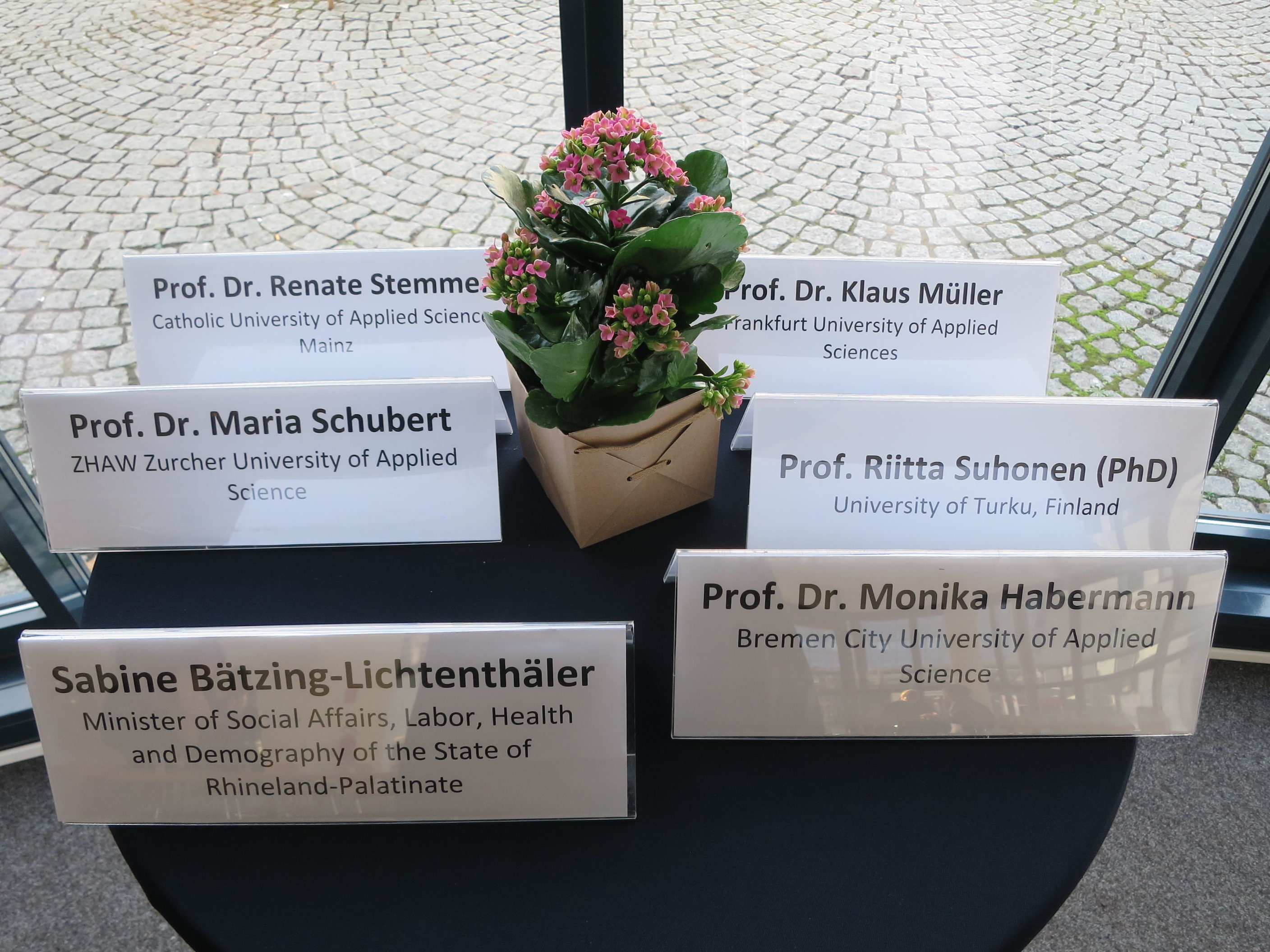

| Datum | Zeit | Veranstaltungsort | Kategorien |
|---|---|---|---|
| 22.02.2019 | 9:00 - 16:30 | Katholische Hochschule Mainz |

